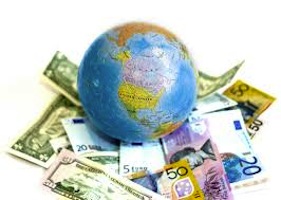In 1381, for the first and only time, the dreaded Tower of London was captured from the King of England. The forces that seized it…

Abenomics

Trend forecaster Gerald Celente lays it on the table, dissecting why the bounce back in markets the last few days is bunk. After equity markets…

Jack Rasmus comments on the worried commentary about the global economy today coming out of this week’s World Economic Forum in Davos, Switzerland. The annual…
